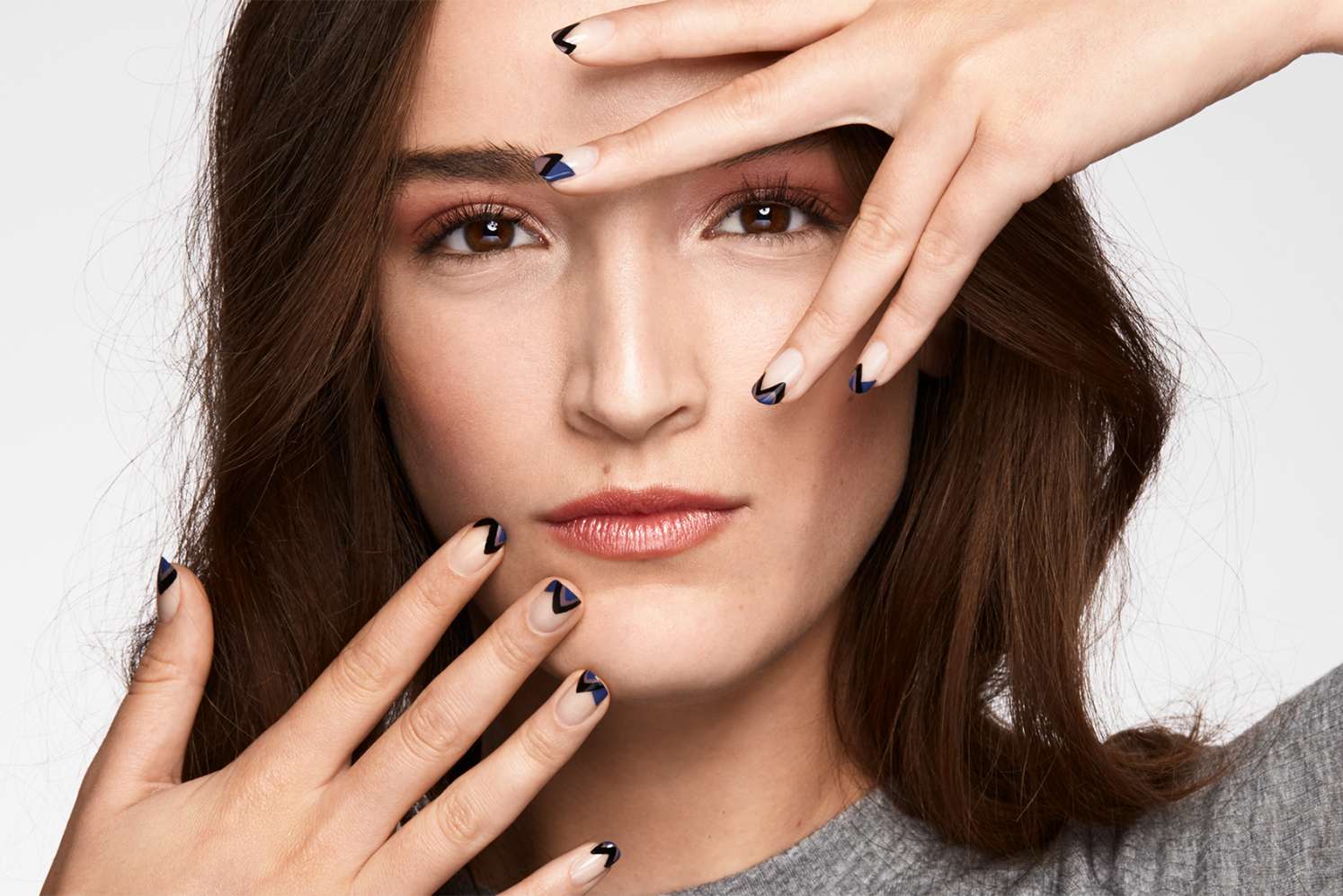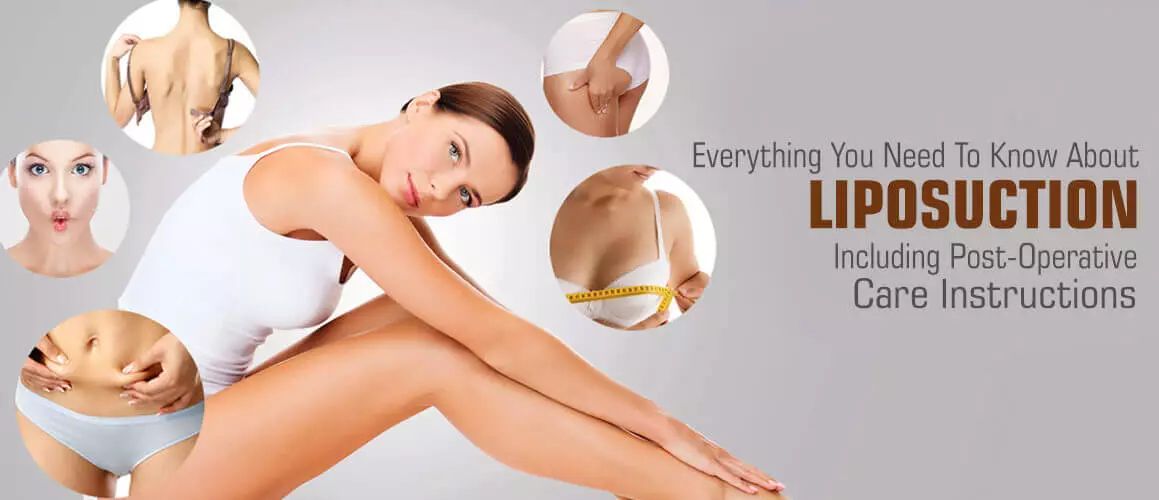The term “body positivity” is thrown around quite often. It is used for women of all heights, weights, and abilities as a battle cry against the pervasive imagery of the ideal physical form. Rather than bemoan an inability to get perfect abs or a tight, bouncy butt, women look at the body they have and celebrate it. They view what it can do for them and its innate power and they find joy in that aspect of their physical makeup.
But, what happens when people can’t embrace complete positivity about their form. Are they then left out of both the ideal body community and the body positivity one? In one community, you must deftly manage diet, exercise, cosmetics, clothing, and potentially surgery to fit in. And, in the other, you must regulate your natural response to your own image. There are many women who can’t stand in the face of society’s pressure to conform and manifest bullet-proof self-esteem.

For the people who struggle with their body and their perception of it, the new trend of body neutrality may be achievable and healthy. After all, both the search for the ideal appearance and body positivity keep the focus on the body. It perpetuates fixation on appearance. What about people who find their greatest happiness when they aren’t thinking about their body at all?
Body neutrality asks people to feel relaxed about their bodies. It is about accepting your place in your body’s journey. You shouldn’t be judging yourself, your exercise patterns, or your eating habits. But, you also shouldn’t feel apathetic about your body. Body neutrality exists in the liminal space between taking a positive, proactive approach and body shaming. The body should no longer define you for good or for ill.
People who have dealt with body dysmorphia and eating disorders have a difficult relationship with their bodies. They work to control their bodies, and their motivation is frequently how they will be perceived by others. If they can reach a stage of perfection, their life can be perfect. They can be perfect. Asking these people to shift from this dysfunctional relationship to one of love is too drastic for most people to accomplish.
Instead, body neutrality lets people focus on small acts. They can begin by taking care of themselves in manageable amounts. Perhaps, they start by washing their face twice a day, brushing their teeth after every meal, or consuming eight glasses of water each day. This helps to turn down those self-critical voices without pushing people to cheerlead for their body. Over time, it leads to acceptance and a pattern of self-care.
Some people explain body neutrality using the metaphor of a relationship with a friend or family member. Is your best friend a perfect person? No, of course not. Are you mean to him or her because they aren’t perfect?Most people aren’t a perfect ten physically or emotionally or intellectually, but they are loved by others. Body neutrality asks you to extend this kindness to yourself.
Unquestionably, working on body neutrality is a process that never stops evolving. How fast that evolution occurs and the direction it moves has to do with the way you spend your focus and time. Body neutrality gives you permission to move through your day without focusing too much on your body. You must spend some time giving yourself the freedom to let go. You only have a finite amount of energy; how do you choose to use it? Obviously, you need to care for your body, so you don’t ignore it. You listen to it and you respect it. But, you give yourself permission to pay attention to other things without becoming apathetic.
People with eating disorders take a while to break patterns of negative thoughts. Their brains spiral and they create disaster scenarios that hold them hostage. Through body neutrality, they can begin to recognize these thoughts and to not place value on it. Instead of thinking about how they don’t like a part of themselves, they objectively assess what that body part allows them to do and they appreciate it for that reason. It is important not to lose sight of the fact that bodies aren’t made for the approval of others; they are made to carry us through our lives.
Tamala Baker is a therapist and writer. She works at a clinic for people diagnosed with eating disorders. Her primary patient groups are adolescent females. She is in the process of developing a website directed at these young women. She also write about addiction, recovery and treatment like treatment for cocaine.

Karen is a health blog author who has been writing about healthy living since 2013. She started her journey by adopting a vegan diet and eating only organic foods, but the more she learned, the more she realized that we should all be eating plant-based diets exclusively. As an expert in nutrition and wellness, Karen blogs to educate readers on how they can live happier and healthier lives through food choices!







